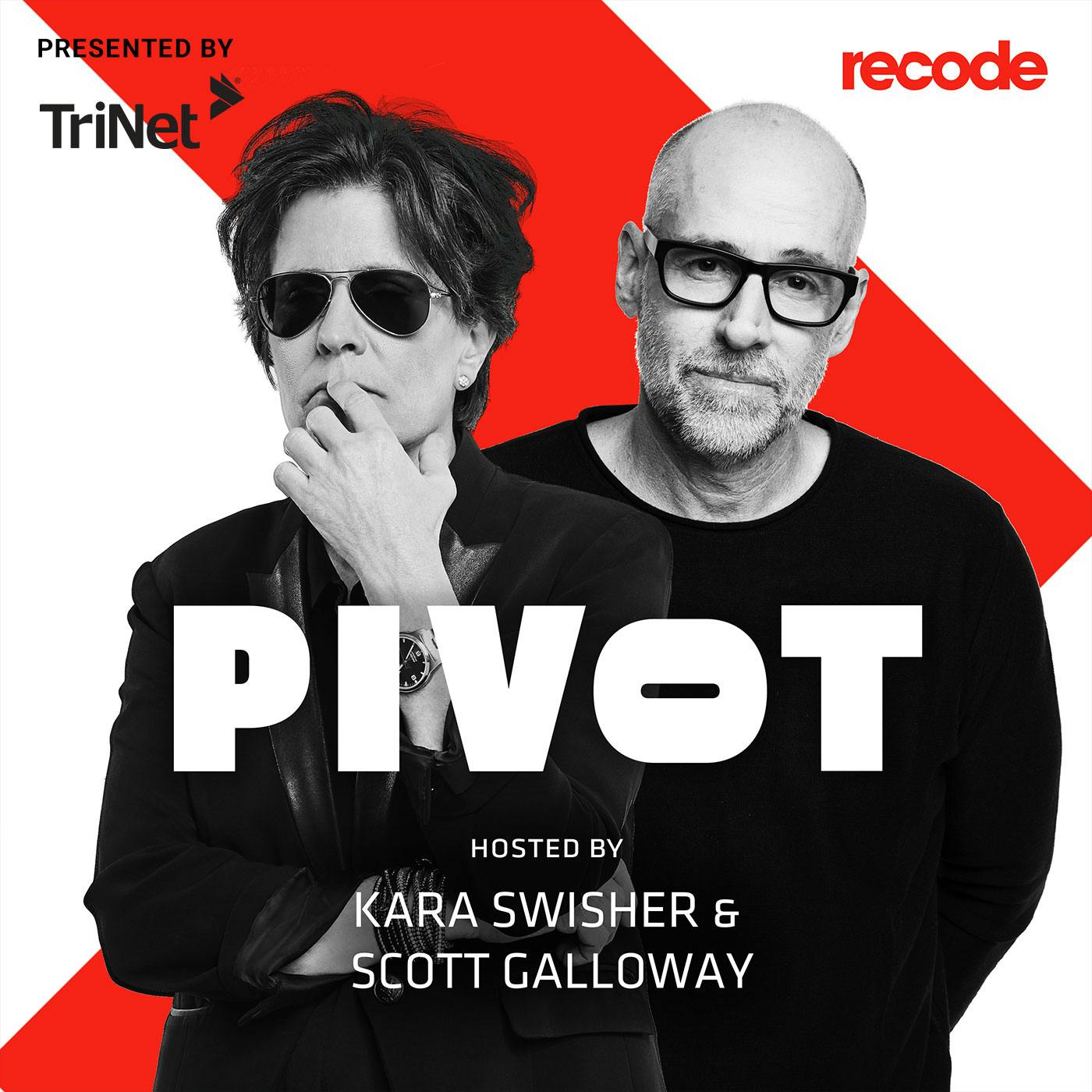Uber is 'disruptive and drunk', weWork is 'just drunk', and Pivot turns 1!
Happy 1st anniversary to Pivot! Kara and Scott talk about weWork's halted IPO (we'll take partial credit). They talk about Amazon manipulating its algorithm to present more of its own products in search. Facebook is making its own "Supreme Court", is it just a band-aid? Should Kara Swisher be one of the Justices? (Yes). Fail: Trudeau -- and the (STILL) Governor of Virginia -- wearing black face.
Learn more about your ad choices. Visit podcastchoices.com/adchoices
Learn more about your ad choices. Visit podcastchoices.com/adchoices
Press play and read along
Transcript
Transcript is processing—check back soon.
Pivot — Uber is 'disruptive and drunk', weWork is 'just drunk', and Pivot turns 1!

